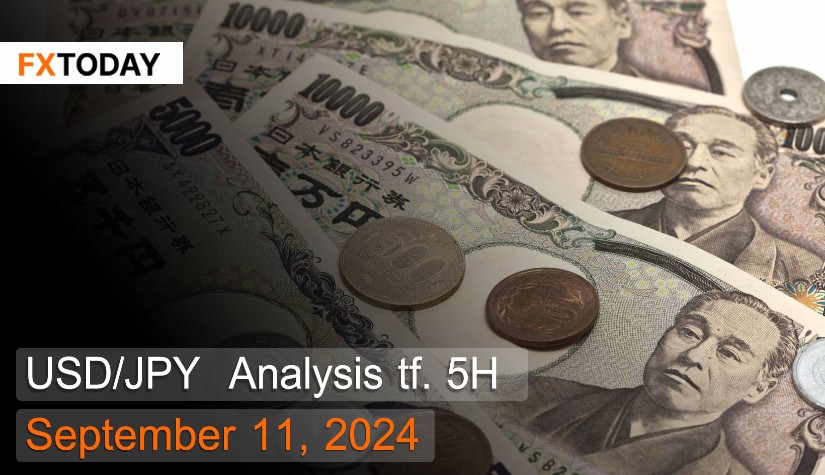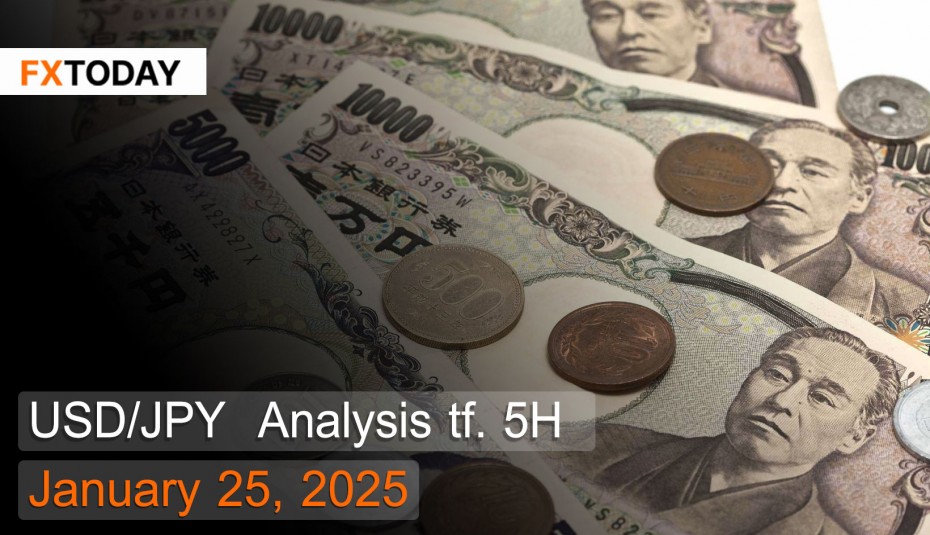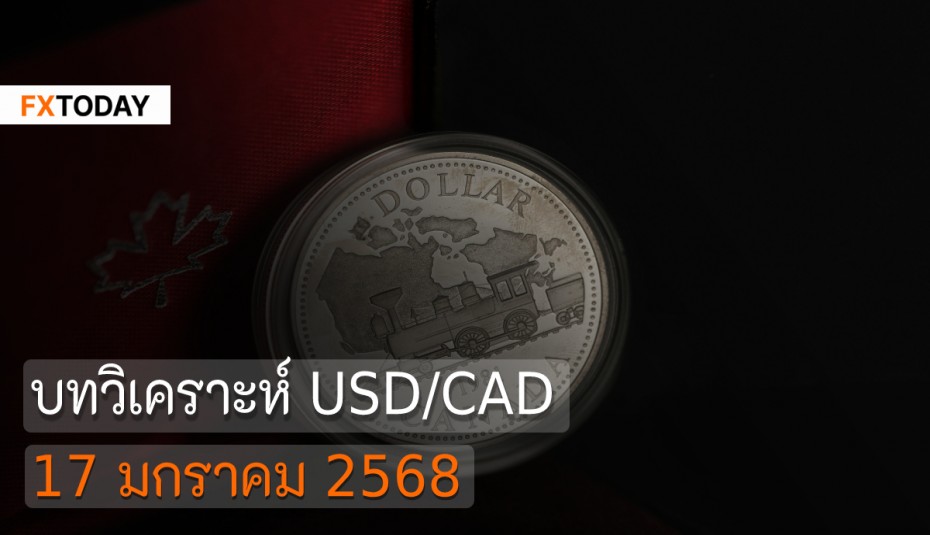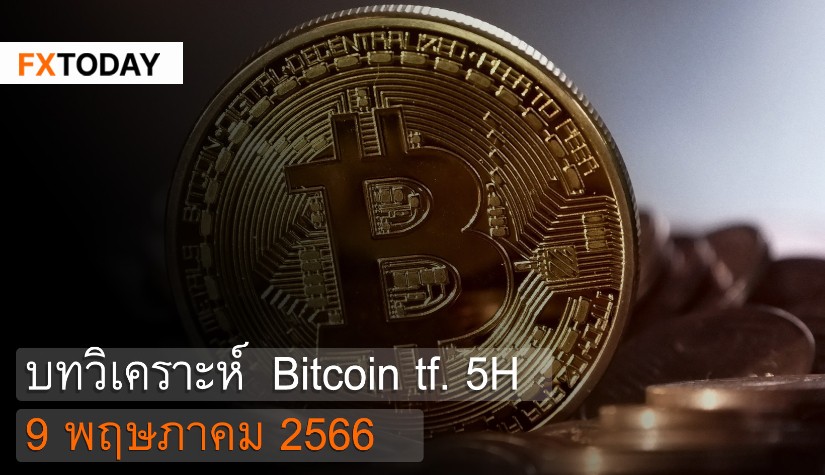Japan's economy continues to show good growth.
The Japanese yen weakened slightly after the announcement of U.S. inflation rates. However, the significant differences in monetary policies between Japan and the United States could help the yen strengthen again if the Bank of Japan (BOJ) raises interest rates. Moreover, support from rising GDP and increased wages will have a positive long-term effect on the economy.
Junko Nakagawa, a member of the BOJ's board, stated that the central bank will continue to raise interest rates if economic forecasts and inflation move as expected. However, Japan still faces a tight labor market, and the yen's depreciation has led to a significant increase in import prices, impacting production costs and potentially driving inflation back up. Investors anticipate that the BOJ is likely to raise interest rates at least once in the next 1-2 months to curb inflation and help support the yen.
Japanese companies increased their spending on factories and equipment by 7.4% year-on-year in Q2, accelerating from a 6.8% increase in Q1, with a continuing upward trend. However, rising costs due to increased raw material prices and electricity bills, following the government’s withdrawal of energy support, remain major factors preventing significant profit growth for these companies.
Japan’s services sector PMI fell to 53.7 in August, still indicating growth in the sector with a continuing expansion trend, despite a slowdown in growth rate. New orders rose for the second consecutive month, while export sales increased again after slowing down in the previous month. There are also signs of robust employment in the services sector, even as companies face significantly higher costs.
Household income in Japan increased by 3.6% year-on-year in July, slowing down from 4.5% growth in June. This still indicates wage growth exceeding expectations, which could further support the BOJ’s likelihood of raising interest rates. Real wages, adjusted for inflation, rose again by 0.4%, reflecting a tight labor market and companies’ eagerness to attract more employees.
Techical analysis data (5H)
Resistance: 142.67, 143.04, 143.53
Source: Investing.com
Buy/Long 1: If the price touches support in the price range of 141.32 - 141.81 but cannot break the support at 141.81, you may set a TP at approximately 143.04 and SL at around 140.95 or according to your acceptable risk.
Buy/Long 2: If the price breaks the resistance in the price range of 142.67 - 143.04, you may set a TP at approximately 143.53 and SL at around 141.32 or according to your acceptable risk.
Sell/Short 1: If the price touches resistance in the price range of 142.67 - 143.04 but cannot break the resistance at 142.67, you may set a TP at approximately 141.32 and SL at around 143.53 or according to your acceptable risk.
Sell/Short 2: If the price breaks the support in the price range of 141.32 - 141.81, you may set a TP at approximately 140.95 and SL at around 143.04 or according to your acceptable risk.
Pivot point September 11, 2024 08:26 PM. GMT+7
|
Name
|
S3
|
S2
|
S1
|
Pivot Points
|
R1
|
R2
|
R3
|
| Classic | 140.95 | 141.32 | 141.81 | 142.18 | 142.67 | 143.04 | 143.53 |
| Fibonacci | 141.32 | 141.65 | 141.85 | 142.18 | 142.51 | 142.71 | 143.04 |
| Camarilla | 142.07 | 142.15 | 142.23 | 142.18 | 142.38 | 142.46 | 142.54 |
| Woodie's | 141.01 | 141.35 | 141.87 | 142.21 | 142.73 | 143.07 | 143.59 |
| DeMark's | - | - | 142 | 142.28 | 142.86 | - | - |
















